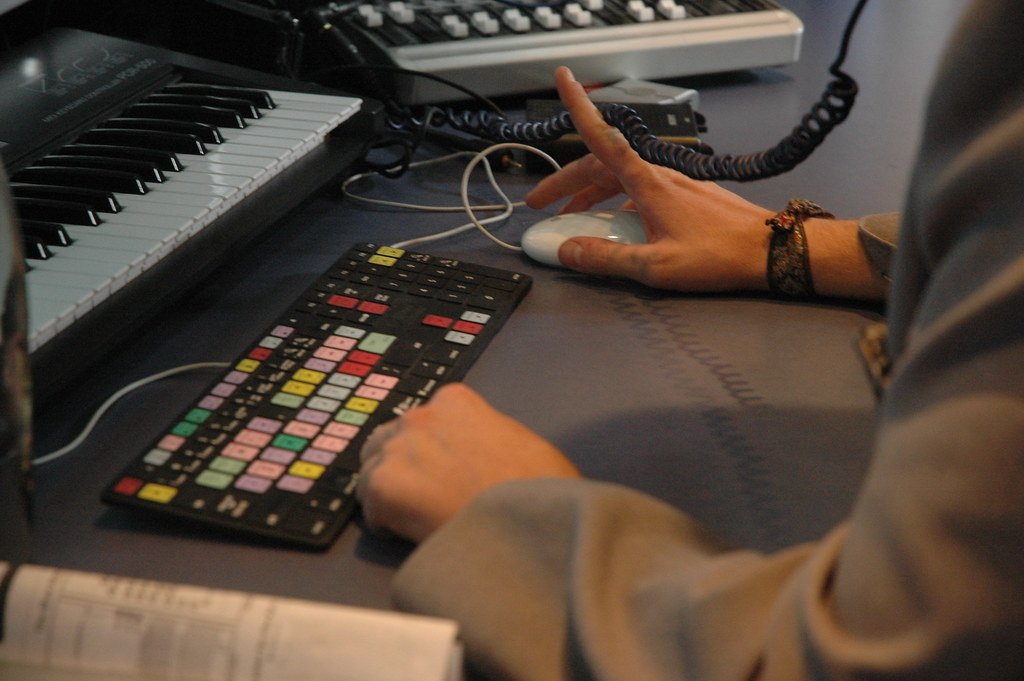Many disabled people are often overlooked, not because of their abilities, but due to judgments based on their voice, facial expressions, or body weight.
Phone calls
I’ve had my fair share of phone calls in which I’ve been referred to as a “dark horse.” This label often stems from the fact that people underestimate disabled people, only fully recognizing their potential or abilities once they see the results of my work. Disabled people do need your help, and it’s not often Rajiv from India or Prince of Nigeria. Often, people do not realise the opportunities they lose because they pre-judge someone.
Solution
Engage in a conversation with them. A disabled person might not be going out of their way to accommodate you because they want to feel normal. Instead, ask for their email address or suggest another solution. You could also ask them to turn on closed captioning, which can be helpful without causing offense.
Do not judge them by their weight or appearance.
It may be the case that some people have health issues requiring sufficient sugar intake. For instance, we had a case in Ghizer where we observed individuals who were malnourished but needed high sugar levels. This condition, known as hypoglycemia, causes low blood sugar and necessitates regular intake of sugar to maintain health.
Do not give them the I will do it later excuse
Most people often resort to the excuse of “I will do it later.” We’ve encountered numerous cases where individuals claim to support disabled people but then use this excuse to delay or avoid taking action. This behavior indicates a lack of genuine commitment and can be seen as a form of neglect or abuse behind their backs. By consistently postponing help or support, these individuals fail to acknowledge the immediate needs of disabled people, effectively undermining their well-being and showing a disregard for their circumstances.
This pattern of behavior not only erodes trust but also perpetuates the challenges faced by disabled individuals who rely on timely assistance and support.
Solution
write a nice email to a disabled person, explaining your own circumstances. I wanted to reach out and share a bit about my own circumstances and to understand yours better. Recently, I have been reflecting on the importance of clear and respectful communication, especially when it comes to understanding each other’s unique needs and challenges. That way the disabled person knows you are on their to do list, and will approach them in the future if needs be.
Conclusion
In conclusion, it’s crucial to approach conversations with disabled individuals with sensitivity and respect. Avoid making assumptions about their abilities, and refrain from saying things that may come across as dismissive or patronizing. Phrases like “You don’t look disabled” or “You’re so brave” can be harmful, even if well-intentioned. Instead, focus on listening, understanding, and treating them with the same dignity and respect you would offer anyone else. By being mindful of our words, we can create a more inclusive and supportive environment for everyone.



